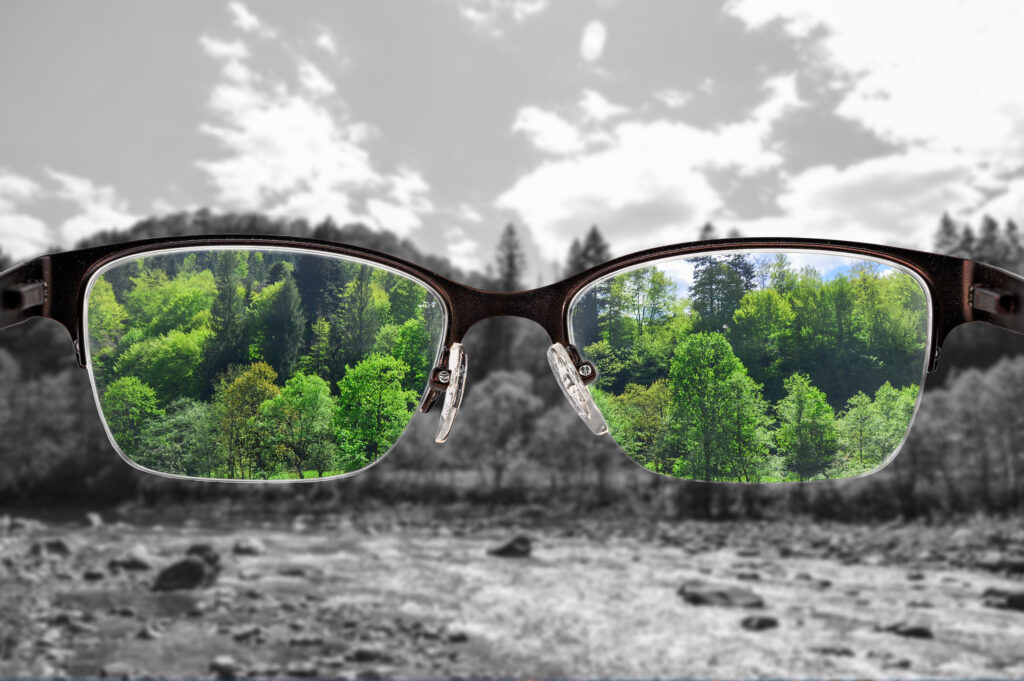In their book Regenerative Development and Design: A Framework for Evolving Sustainability, Pamela Mang and Ben Haggard of the Regenesis Group describe regenerative development as “an approach that is about enhancing the ability of living beings to co-evolve, so that our planet continues to express its potential for diversity, complexity, and creativity.”
This focus on building what we’ll call here Coevolutionary Capacity. This goes beyond a focus on individual development, to building the capacity of individuals, teams, organizations, industries, markets, communities, and ecosystems to continuously evolve together.
The foundation of this capacity is regenerative capability and culture. At the heart of such is a Coevolutionary Mindset.
Most readers will be familiar with Carol Dweck’s concept of Fixed vs Growth mindset. With a Fixed mindset, we see ourselves as mostly who we’re always going to be. We don’t believe we can change much, so we avoid taking on difficult challenges or investing much in our own learning and development. When we do, it’s more about incremental functional improvement than about significant transformation. With a Growth mindset, we recognize our potential for continuously learning and changing throughout life. We take on new challenges that push us to grow in meaningful ways.
A Coevolutionary Mindset takes this a step further, connecting our own growth to that of the systems around us. Our personal learning and development becomes more strategic and systemic. At the same time, we recognize that it’s not just about accepting that we have the potential for continuous growth. We see that this potential must be cultivated, that it requires capabilities and cultures that must be developed.
Such a shift in mindset involves a refreshed view of the learning process itself. The emerging view sees learning and development, at its core, as not merely a set of activities to be performed but as a fundamental characteristic of all living systems. Living and working and learning become essentially one in the same.
The challenge we face today, however, is that this natural state has been long since disrupted in our modern culture. It has been buried under generations of programming which has treated us as machines to be controlled or mindless animals to be manipulated. We can see that much of the critical work that needs to be done in L&D is less about piling on more, and more about supporting the letting go – it’s as much unlearning and reclaiming our true nature as anything else.

